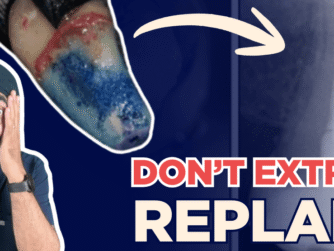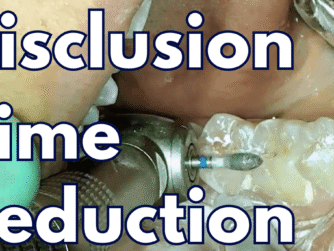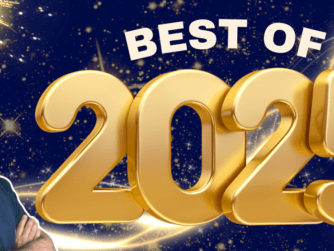Podcast: Play in new window | Download (Duration: 1:06:35 — 93.9MB)
My story of coming to the UK as a refugee from Afghanistan aged 6 and my journey in to Dentistry. I share some tough times and what drives me today. I explained why I think Dentistry was mis-sold to many of us as a 9-5 job (HA!) and my top books and influences.
I’m delighted to be a guest on the Soft Bites Podcast. The hosts, Manuela and Jorge, have both been guests on the Protrusive Dental Podcast in the past.
Highlights of this episode:
- 4:48 My Story: Refugee 1996
- 7:17 Life adversities
- 17:13 Importance of going through difficult moments
- 22:31 Podcasting Journey
- 27:38 Practicing a positive mindset
- 31:51 Importance of education and information
- 35:36 Good communication skills
- 45:38 Balance between the professional and personal life
- 55:25 Core values in life
- 59:30 Future goals for The Protrusive Dental Podcast and clinical dentistry
Dr. Mahmoud Ibrahim and I are launching an occlusion course called OBAB (Occlusion Basics And Beyond). This course is o help you design and execute restorations from a single tooth to anterior aesthetic cases to full mouth rehab.
Also, sign up for our monthly occlusion tip for you to get the kind of clinical content that we are preparing with OBAB
If you loved this, be sure to watch Dentistry is STRESSFUL – this Podcast will help you







